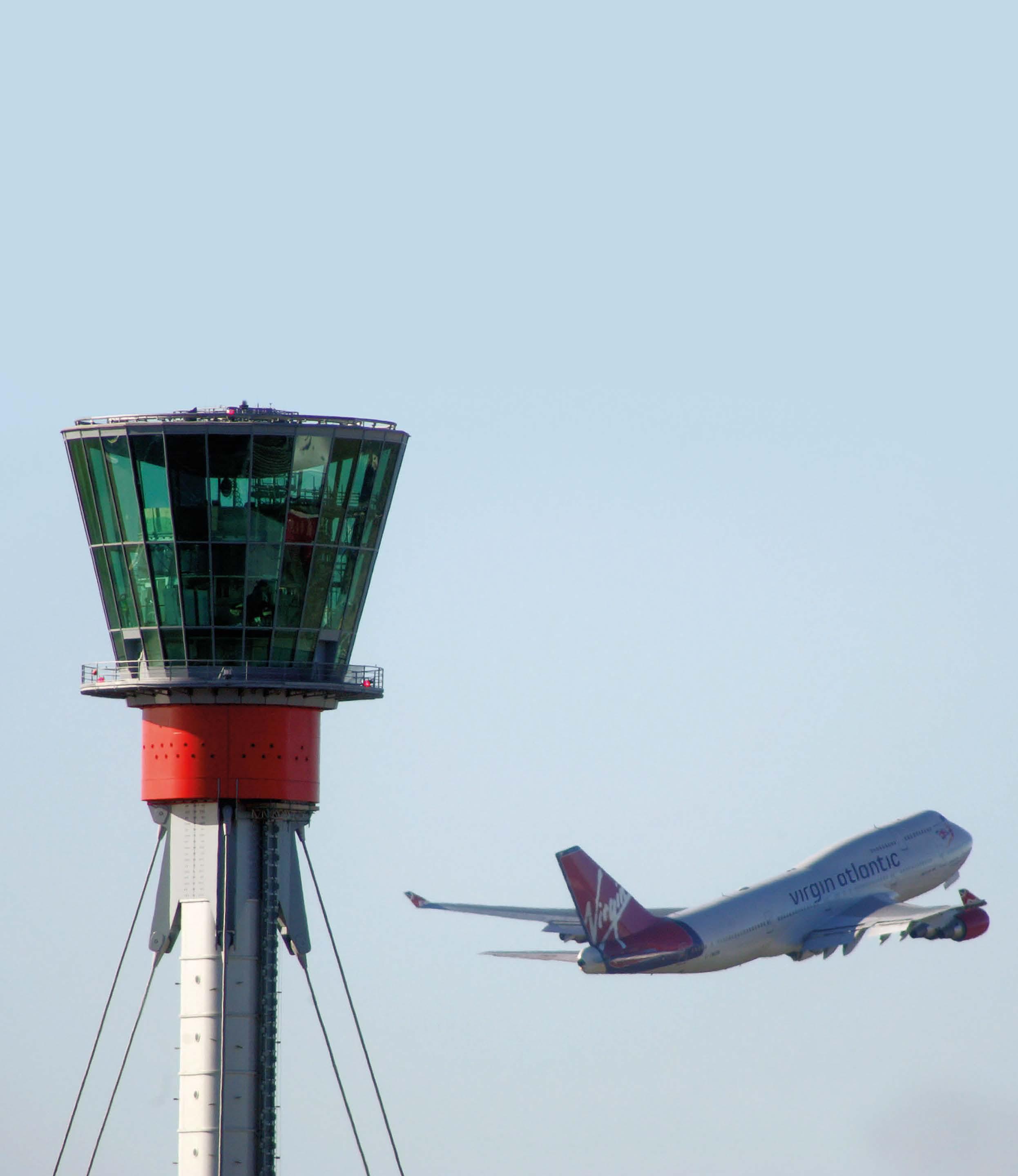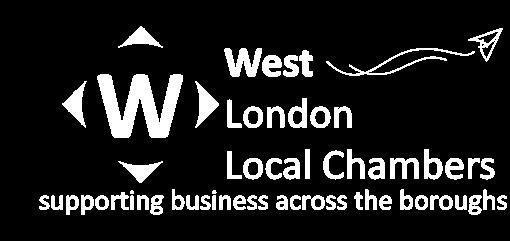
4 minute read
Legal
legal How can I extend my lease ?
Kiran Walia answers some of your questions
My lease is short. Am I entitled to a lease extension?
Yes, subject to various requirements and provided that you have owned the property for at least two years. Also, the original lease must have granted for a term of 21 years or more. If you are eligible, then you should be able to obtain a lease extension with a term of an additional 90 years (to be added to the current term). You may also be able to stop paying ground rent.
I do meet the requirements. How do I go about obtaining a lease extension?
There are two ways of obtaining a lease extension: either by private agreement with the freeholder (“Informal Route”) or by service upon the freeholder of a Notice under Section 42 of the Leasehold Reform, Housing and Urban Development Act 1993 (Statutory/Formal Route).
What do you mean by “private agreement”? How do I begin negotiations?
You or your solicitors should contact the freeholder and request his terms for a lease extension.
The freeholder will probably require you to pay his legal and surveyor’s costs in connection with the lease extension, which are likely to be around £1,500.00 plus VAT but possibly more. He will appoint a surveyor to value the lease extension i.e. to calculate the price they should ask for the premium. You must also consider appointing your own surveyor to value the cost of the lease extension.
Should I wait to extend my lease if so will it cost more?
You should bear in mind that each year the term of your lease grows shorter and it therefore becomes more expensive to extend the lease. This is especially the case if your lease has less than 80 years left to run.
What happens once we have agreed the lease extension?
Once terms have been agreed, a completely new lease is prepared by the solicitors, your solicitor will register your new lease at the Land Registry.
What happens if I can’t agree a price for the lease extension with the freeholder or he refuses to grant me a lease extension?
If negotiations break down and you cannot reach an agreement with the freeholder, then you can serve upon him a Notice under Section 42 of the Act (Section 42 notice) – provided that you meet the criteria set out above.
What happens after my solicitor has served the Section 42 Notice?
Once the Section 42 Notice has been served, the freeholder has 2-6 months from the date of the counter notice in which to respond by serving upon you a Counter Notice. The Counter Notice will either accept or reject your claim. It will also state whether or not the freeholder is willing to accept your offer for the lease premium. If not, then it will state the lease premium the freeholder requires. There is then a period of 2 to 6 months from the date of the Counter Notice during which your surveyor can negotiate on your behalf with the freeholder’s surveyor.
What happens if we can’t reach an agreement?
If no agreement is reached, then either you or the freeholder is entitled to apply to the Leasehold Valuation Tribunal to make a decision. The application to the tribunal must be made not later than 6 months from the date of the Counter Notice. Up to this point, you will probably be responsible for paying all of the freeholder’s legal and valuation fees. However, once a Tribunal hearing has begun, each party has to pay their own costs. It normally takes 4 to 6 months for a Tribunal hearing to be scheduled. Each party is represented and expert evidence can be produced. Please note there are important time scales that each party needs to be adhere to.
I am buying a leasehold property with a short lease. What should I do?
If you are buying a leasehold property with a short lease which you want to extend, then obviously you do not have the right to do so because you have not owned the property for at least two years.
Provided that the seller is himself eligible for a lease extension, there are two ways around this: either the seller can agree terms privately with the freeholder to extend the lease and the new lease can be granted directly to you on completion of your purchase; or the seller can serve a Section 42 Notice upon the freeholder requesting him to grant an extended lease.
The benefit of the Section 42 Notice would be transferred to you on completion. You would then be able to demand a new lease from the freeholder as if you had actually owned the property for at least two years.
If you are getting a mortgage, please bear in mind that lenders will not usually agree to grant you a mortgage on the property you are buying if the lease has less than 55 years left to run. Your solicitor will be able to check this for you.
Are all leaseholders automatically entitled to a lease extension?
No. There are some situations in which a leaseholder is excluded from the right to a lease extension.










